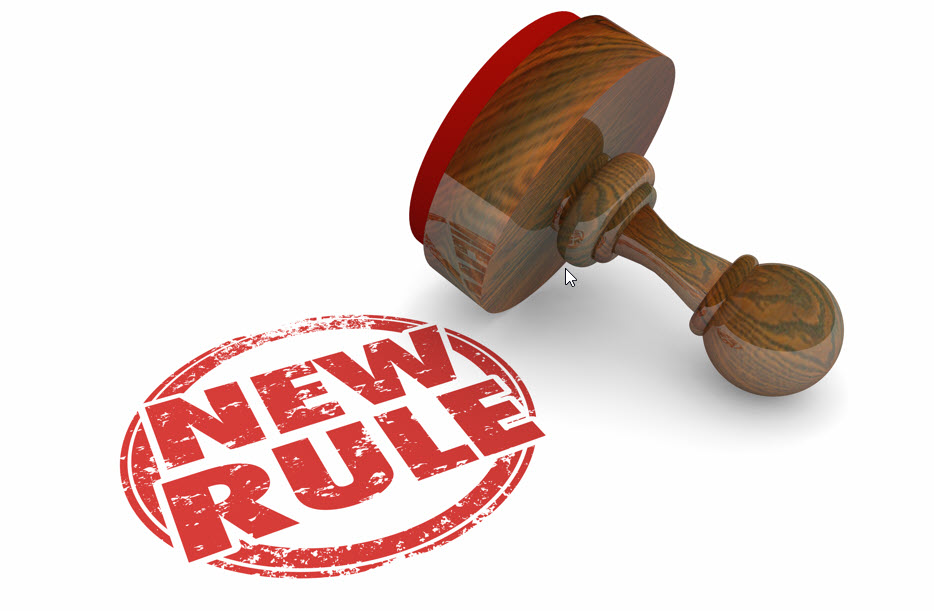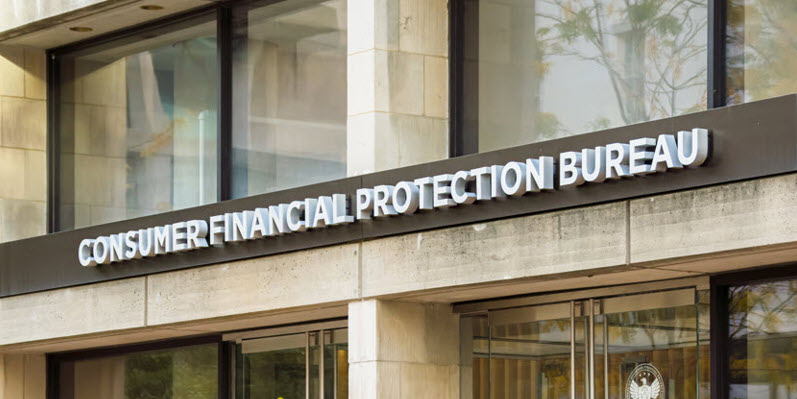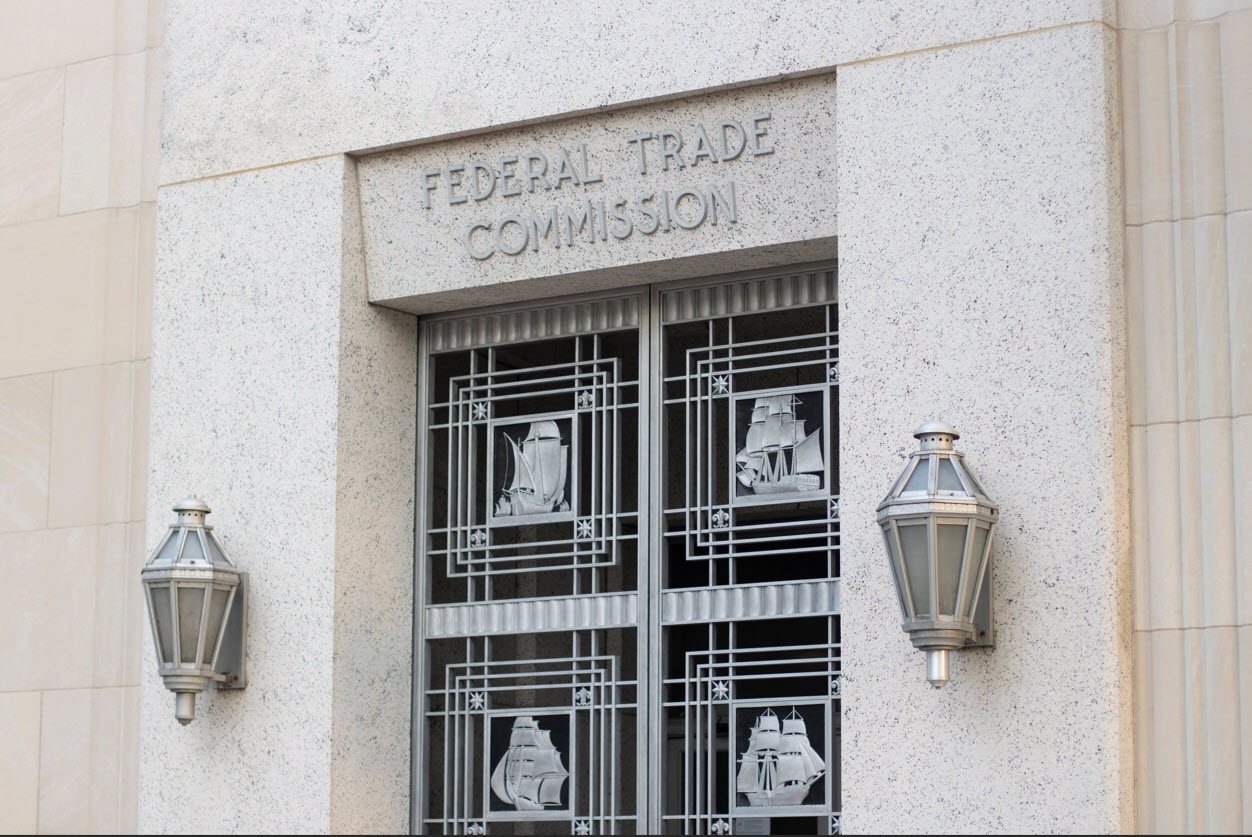The Consumer Financial Protection Bureau (CFPB) has issued its final rule requiring nonbank entities, including debt collectors, to register with the bureau when they are subject to local, state, or federal court or agency enforcement actions. Debt collection companies that bring in more than $10 million annually are considered a nonbank entity. This substantial move to enhance consumer protection involves the creation and maintenance of a registry to collect information about specific publicly available agency and court orders. This initiative aims to improve the Bureau’s supervision of certain companies, ensuring better monitoring and reducing risks to consumers posed by entities that violate consumer protection laws. The rule will take effect on September 16, 2024.
Key Aspects of the Final Rule
Key aspects involve:
- Creation of an Online Registry
- Who Needs to Register
- Annual Compliance Statements
- Implementation and Filing Instructions
- Effective Date
Creation of an Online Registry
The final rule mandates the Bureau to compile a registry of public orders that have been imposed on certain nonbank covered entities. This registry will be made accessible online for use by the public, regulators, and other interested parties. By centralizing this information, the Bureau aims to provide greater transparency and facilitate more effective supervision.
Who Needs to Register?
The rule requires nonbank entities, excluding insured depository institutions, insured credit unions, related persons, states, certain other entities, and natural persons, to register with the Bureau upon becoming subject to a public written order for violations of consumer protection laws. These entities must provide basic identifying information, including a copy of the order, and keep the registry updated to ensure accuracy and completeness.
Annual Compliance Statements
Nonbank entities under the Bureau’s supervisory authority must annually designate an executive responsible for compliance with the orders in the registry. This executive must submit a signed written statement each year regarding the entity’s adherence to these orders. Nonbanks with orders listed on the Nationwide Multistate Licensing System’s Consumer Access website can opt for a one-time registration instead of ongoing compliance requirements.
Implementation and Filing Instructions
The implementation of this rule will occur in phases, with different dates specified for larger participants, other supervised nonbanks, and other nonbanks not under Bureau supervision. Detailed filing instructions will be provided to guide entities through the registration process.
Effective Date
The rule will officially take effect on September 16, 2024.
Implementation Phases
Implementation dates vary depending on larger participants and other supervised nonbanks.
Larger Participant CFPB Supervised Covered Nonbanks:
Registration Submission Period: October 16, 2024, through January 14, 2025
Registration Deadline: January 14, 2025
Other CFPB-Supervised Covered Nonbanks (Supervised nonbanks that do not meet the definition of larger participant):
Registration Submission Period: January 14, 2025, through April 14, 2025
Registration Deadline: April 14, 2025
Entities required to register will need to provide basic identifying information about the company and the relevant order, including a copy of the order. They must periodically update the registry to ensure its accuracy and completeness.
Why This Matters
This is important for improving consumer protection, spotting risks and trends and strengthening supervision.
Improving Consumer Protection
The Bureau’s establishment of this registry is a proactive step to protect consumers. Public agency and court orders are not mere suggestions; they are legally binding measures to prevent and remedy violations of the law. By creating a centralized repository of these orders, the Bureau aims to monitor and reduce risks to consumers more effectively.
Spotting Risks and Trends
The registry will help the Bureau identify broader trends and potential risks to consumers in the market for financial products and services. By analyzing enforcement activity across different jurisdictions and market segments, the Bureau can spot patterns of repeat offenses and areas of heightened consumer risk. This insight will inform regulatory strategies and enhance consumer protection efforts.
Strengthening Supervision
Requiring supervised entities to designate a senior executive responsible for compliance and submit annual written statements will strengthen the Bureau’s supervisory capabilities. This measure ensures that entities take their compliance obligations seriously and provides the Bureau with crucial information to prioritize its supervisory activities effectively.
Conclusion
The Bureau’s final rule to establish a public registry of nonbank orders is set to take effect on September 16, 2024. This rule aims to improve transparency, facilitate better monitoring, and strengthen supervision of nonbank entities. By requiring these entities to register and provide information about public orders, the Bureau will be better equipped to monitor compliance with consumer protection laws. The registry will be accessible to the public, providing valuable information for consumers, regulators, investors, and other interested parties.

Author: Jennifer Evancic
Jennifer.Evancic@ResourceManagement.com
Jennifer Evancic is a third-party auditor valued by creditors and large organizations for her knowledge in call monitoring within the collections industry. With meticulous attention to detail and a firm grasp of regulatory requirements, she ensures compliance with clients’ criteria and state and federal regulations.
Jennifer audits collections calls, ensuring they meet client-specific criteria and comply with regulations, providing valuable insights and maintaining industry standards.
Beyond her auditing responsibilities, Jennifer takes the lead in organizing and facilitating monthly call calibrations. These sessions serve as a collaborative forum where clients and their vendors come together to discuss call monitoring results and address any findings or areas for improvement. Jennifer’s guidance fosters open communication and ensures alignment between clients and vendors, driving continuous improvement in collections practices.
Jennifer stays up-to-date with compliance and industry best practices by participating regularly in peer meetings, regulatory updates and industry webinars. This keeps her informed about emerging issues and ensures she remains a knowledgeable leader in collections compliance.
Sign Up for the Twice Monthly Newsletter
Just enter your email address at the top orange bar at:
Collection Compliance Experts – “The Power of Expertise: Oversight Perfected”
It’s that easy! Twice a month – we provide blog updates and Resources for the Collection and Industry Professional.
Your email is just for this newsletter. We never sell your information. No fee. Opt-out at any time.




